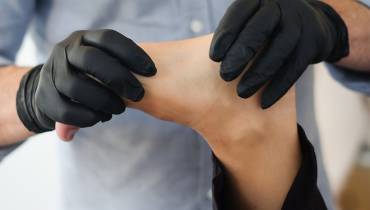7 Health Habits for Seniors & Aging Gracefully
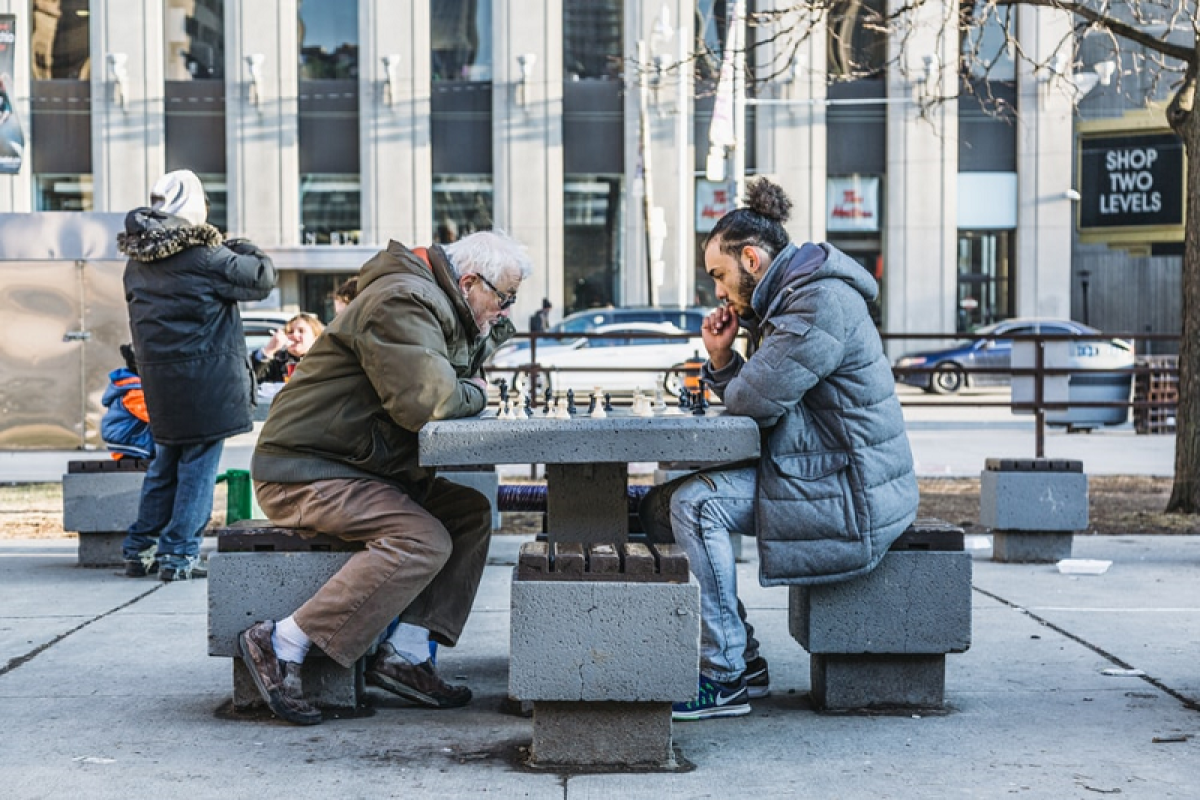
With age, health often deteriorates. To preserve your health for as long as possible, it is important to adopt good habits and keep the ones you have acquired over time.
Successful aging has a lot to do with our habits and routines. Here are some advice for elderly people who want to age gracefully and maintain good health:
1. Think prevention
Prevention is better than cure. This popular wisdom applies to all ages.
For the elderly, though, routine visits and annual check-ups with your doctor are key. It allows you to have some control over your health and catch problems early, including any deep-seated, longstanding and ongoing health issues.
Consult your doctor regularly and ask them to check your cholesterol levels and systematically screen for other possible health issues.
Do not neglect vaccines against COVID-19, pneumonia, flus, and such infectious diseases that are common in the elderly.
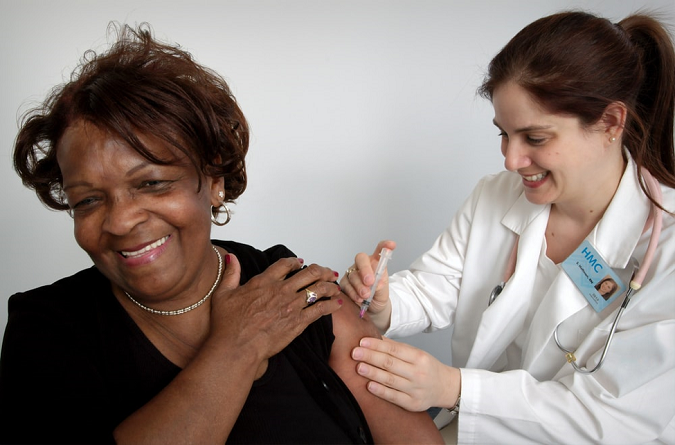
2. Eat a healthy diet and stay hydrated
A healthy nutritional diet is vital for the elderly who often suffer loss of appetite, difficulty chewing, and other food maladies. In fact, people who live the longest have been found to eat mostly a plant-based diet.
Caregivers should provide and encourage the elderly to eat enough of a healthy diet to get adequate nourishment. That includes drinking plenty of water (eight glasses of water a day) and consuming a Mediterranean style diet, fruits and vegetables
Moreover, eating well also means limiting alcohol to no more than one drink a day and quitting smoking altogether.
A healthy diet and drinking plenty of water will prevent dehydration, boost immunity, and help avoid muscle weakness and other associated risks.
3. Remain physical activity

Physical activity is also key to aging well. Physical exercise at any age will keep your weight under control, your heart healthy, and increase your energy levels.
A mix of strength training and cardio will not only keep you fit and improve your physical abilities, but also reduce muscle wasting, improve memory, and help fight depression.
Some exaples of physical exercises for seniors are short or long walks (depending on their abilities), dance classes and aerobic exercises approved by the attending physician or occupational therapist.
Such physical activities will keep you healthy for longer.
4. Exercise the mind too
Cognitive decline is common among the elderly. But even if mental faculties tend to decrease over time, it is important to exercise your brain and stimulate your cognitive faculties to keep them healthy as long as possible.
Beyond traditional activities for exercising the brain like crosswords and puzzles, writing and reading are also great ways to stimulate the brain and keep it sharp.
Moreover, pursuing a hobby, learning a new skill, volunteering or mentoring are additional mental exercises for keeping your mind sharp.
Besides that, getting enough quality sleep allows your body and mind to rest and rejuvenate for overall good health.
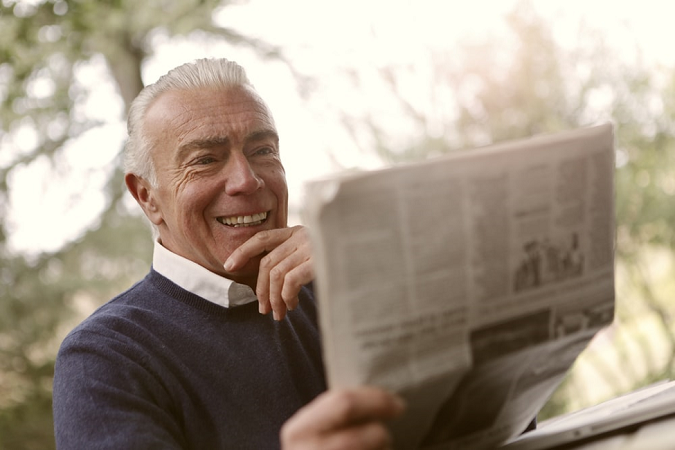
5. Visit the dentist every six months
As part of disease prevention and maintaining good healthy, the elderly should consult the dentist regularly – ideally every six months or so.
The oral health of the elderly is delicate, with the elderly generally more vulnerable and susceptible to cavities and dental problems.
Seniors, particularly those who are losing their independence, may also have greater difficulty maintaining their dental hygiene on their own.
Since oral infections are also associated with serious health problems in old age like diabetes and cardiovascular disease, regular dental checks will help prevent the risks.
6. Check your eyesight regularly
Seniors who wear glasses are advised to have their eyesight checked at least once a year.
Vision problems in the elderly can be very debilitating and increase the risk of falling and being injured, hence the importance of consulting the ophthalmologist.
Early detection of vision disorders also allows better management and increases the success rates of eye treatments.
7. Maintain good social ties
Many older adults live alone in homes and are subject to loneliness and social isolation that can lead to a host of health problems, including depression and bad eating habits. But having good social connections improves your emotional and mental wellbeing.
If your physical health permits, do not wait for someone to come and visit you. Take part in social activities for the elderly organized by family, friends or local municipality. You can even volunteer in your community and bring real meaning to your life and free time.
Family visits are particularly important because children tend to brighten up the lives of isolated and elderly people so much.
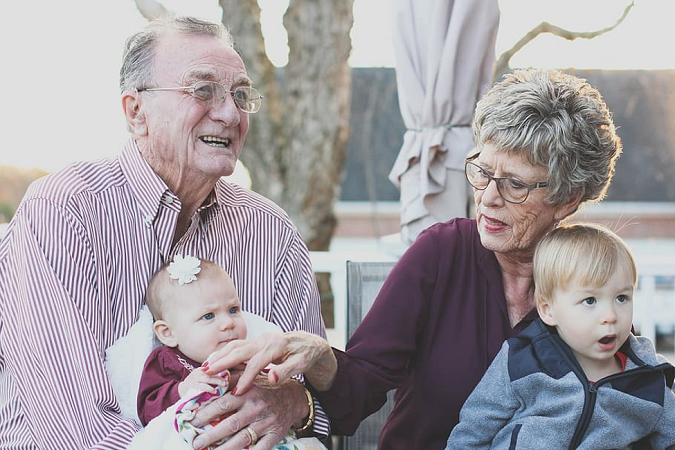
While some of these tips may seem obvious, many elderly people may not be able to do them on their own due to various reasons like difficulty moving around. It is important that family and caregivers support senior loved ones to continue looking after themselves and maintain their health for as long as possible.


![9 Tips for Managing Your Online Writing Projects Efficiently [node:titile]](/sites/default/files/styles/thumbnail_rectangle/public/open-book-laptop-online-writing-tips.jpeg?itok=iq4PIT7b)

















